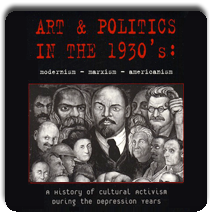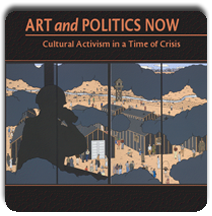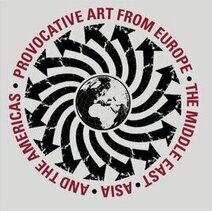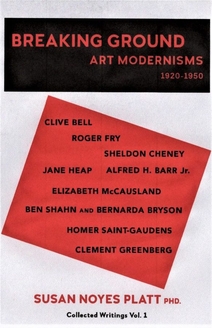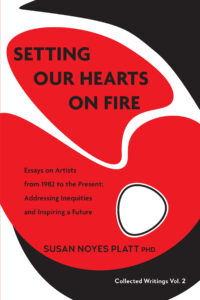Art and Politics in films at the Seattle International film Festival
Warrior Women is a gripping documentary about radical activist leader Madonna Thunder Hawk, and her daughter Marcy Gilbert. Thunder Hawk ran a school for youth that educated them about Native History in the early days of the Civil Rights movement. Thunder Hawk’s own story spans from the era of native boarding schools that stripped indigenous people of their cultures, to the Wounded Knee confrontation, Alcatraz Island sit in, and finally Standing Rock, in South Dakota. It is a remarkable story of persistence in the face of the difficulties of being a radical leader: arrest, travel away from her family ( or with her family to radical events), lonely nights on the road, dramatic confrontations with hostile opponents, and much more. What is most remarkable is that her daughter grew up in this atmosphere and herself chose to also become a radical.
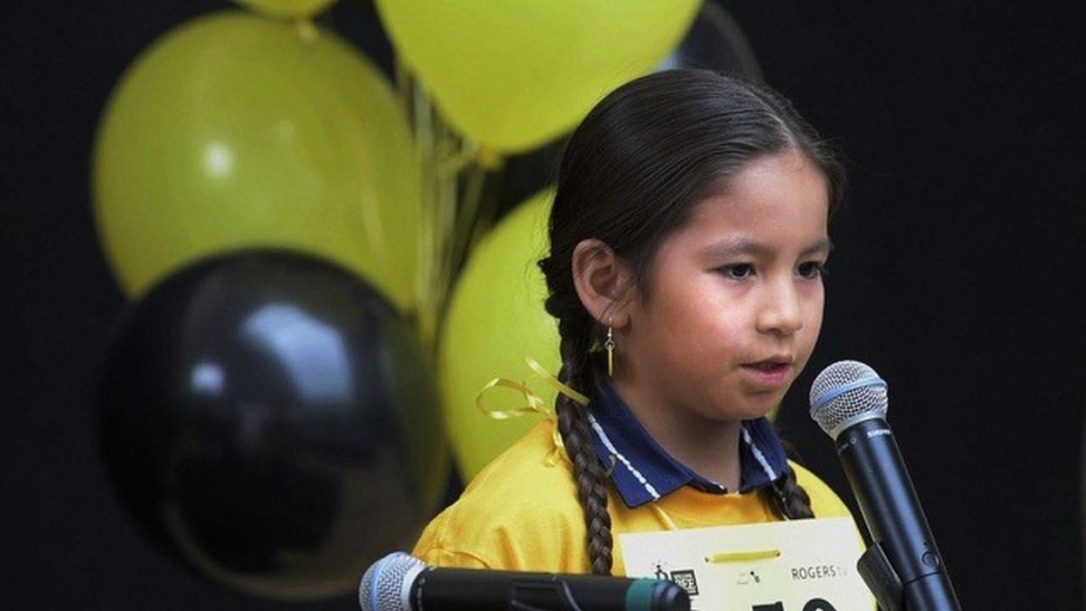
William Kaysaywaysemat III
Bee Nation as in Spelling Bee documents the first Canadian First Nation engagement in the national spelling bee of Canada. It follows several young participants from their reservation life to the hotbed of a Toronto competition. The film begins with the youngest of the contestants preparing to dance in a pow wow ( see above , thus setting the stage for the intersection of traditional and white culture that this spelling bee represents. ( I wonder how white children would have done in a native spelling contest?)
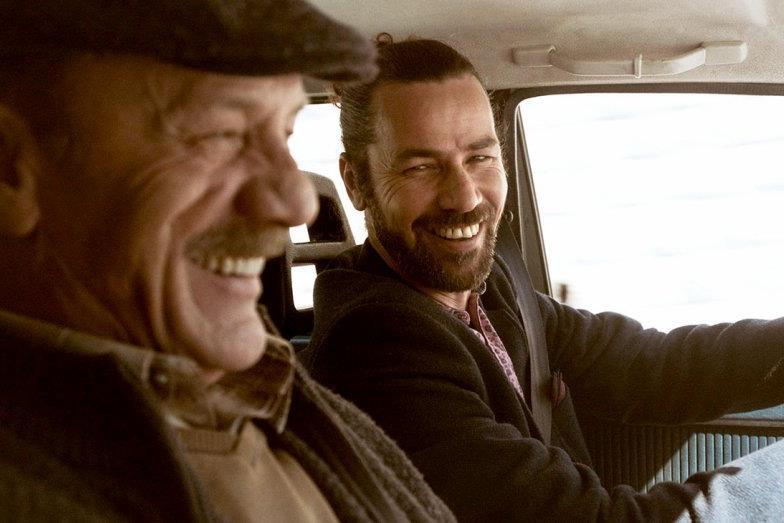
Mohammad Bakri and his son Saleh Bakri as father and son (and real father and son)delivering wedding invitations in Nazareth
Wajib ( Palestinian). wajib refers to a muslim obligation, in the case of this movie by Annemarie Jacir, it refers to the act of personally delivering wedding invitations by men of the family of the bride in Nazareth. The movie weaves together many contemporary concerns about the situation for Palestinians as a father who lives in Nazareth and his son, who lives in Italy, forced to leave as too radical, deliver the invitations to relatives and friends.
As they do so, the issue of inviting the Israeli supervisor of the father raises enormous tension between father and son, as the son states the man is a spy. Many other issues and tensions arise between father and son, particularly the mother who has left the country, her two young children and her husband, years before. She is perhaps coming to the wedding perhaps not. Also hotly debated is the issue of leaving as an expatriot vs staying in Nazareth and being subservient.
The brilliantly filmed sequences of interior and exterior spaces in Nazareth convey both the constrictions of life there and the generous spirit of the people who live under those constrictions.
Falling ( Ukrainian) Falling is both literal and metaphorical in this film set in the Ukraine after the uprising that led the Russians to invade and take over the Crimea. It is always notable that movies from Europe move slower and are not about violence, but often about love. The two protagonists circle around one another, but ultimately fail to connect.
Razzia ( Morocco) Set in Casablanca, with the famous movie echoing through it, Razzia gave us the tensions of secular and Islamists starting with redoing the education system to conform to the Koran. But more important was the sense of the many fragments of secular life that were tangentially affected by a changing society.
Noble Earth ( set in Tuscany) was a huge disappointment, basically the film recorded the good life for elites in Italy and finally had the previously almost silent female star spout out a political speech that was obviously why the filmmaker made the film. Awkward
This is Home ( Syrian refugees in Baltimore) beautiful documentary about several families who are adjusting to life in Baltimore.
Nona, a film about human trafficking also disappointed me, it seemed to be a series of single shots representing various stages of migration, without a believeable central core. A young woman without a family decides to go North with a stranger who pays her way to the border where he blindfolds her and disappears. She ends up in a brothel from which she runs away. Again as in Noble Earth, the politics emerge at the end with a blond “lawyer”? who goes on in English about all the political issues of human trafficking as she is ostensibly questioning her young victim who understands no English at all. This movie could have been so much better. It is a crucial subject.
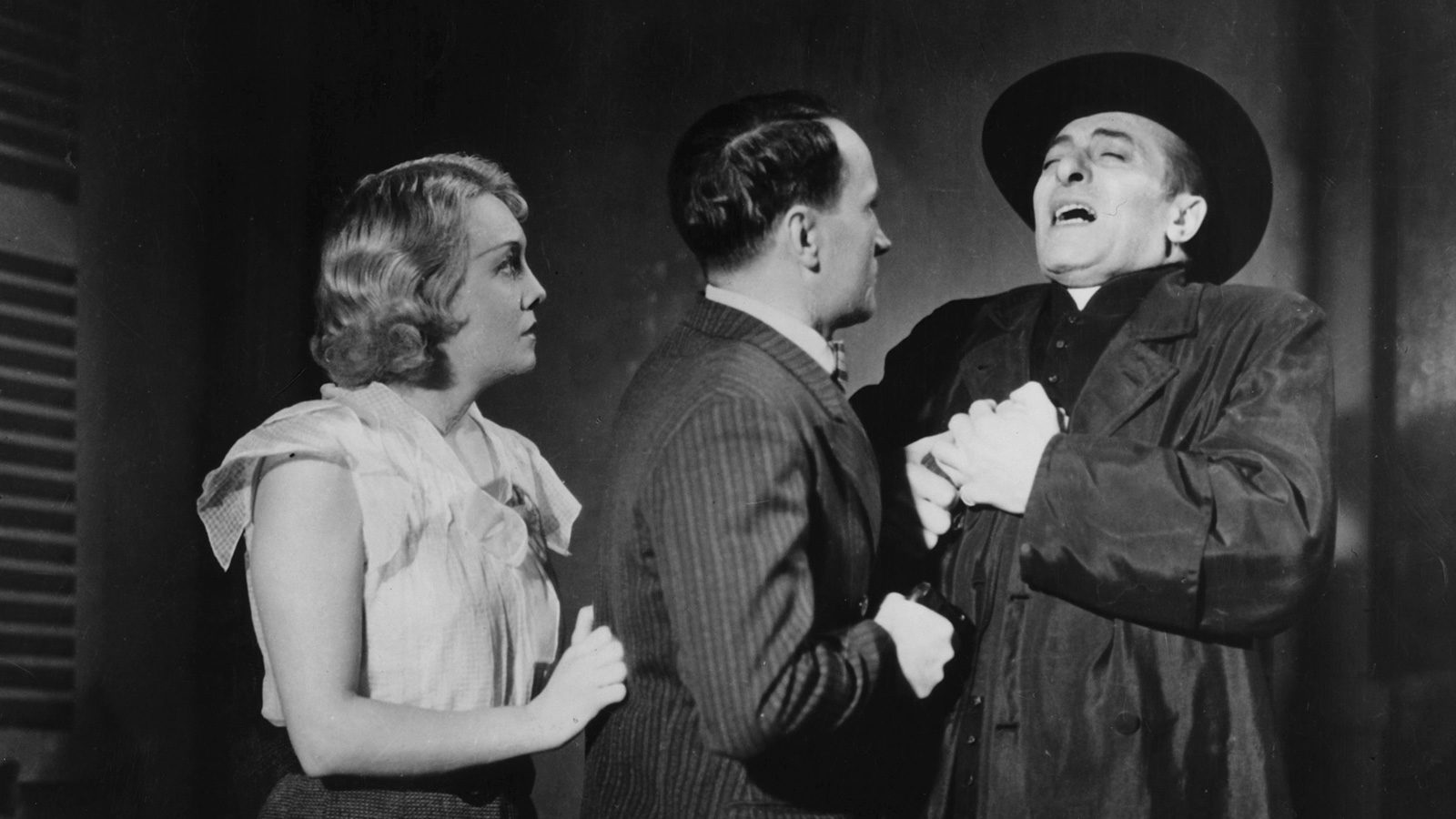
The Crime of Monsieur Lange ( 1936 return of Jean Renoir film). Jean Renoir’s socialist era film from the mid 1930s in France, the workers form a cooperative and make a business financially successful when the capitalist exploiter returns. Lots of male exploitation of females.
But the key to the film is its appearance of spontaneity, As one critic, Pascal Mérigeau, puts it
“The tour de force accomplished by Renoir with Lange amounted to giving the illusion of improvisation while structuring chaos — without ever ceasing to be chaos.”
I saw an exhibition of Renoir father and son in Philadelphia. We saw how the impressionism of the father affected the eye of the filmmaker, but we also saw what an acute director he was in all sorts of films (none of them with any politics compared to Lange that dates from the height of the Popular Front in France).
This entry was posted on June 19, 2018 and is filed under Uncategorized.


